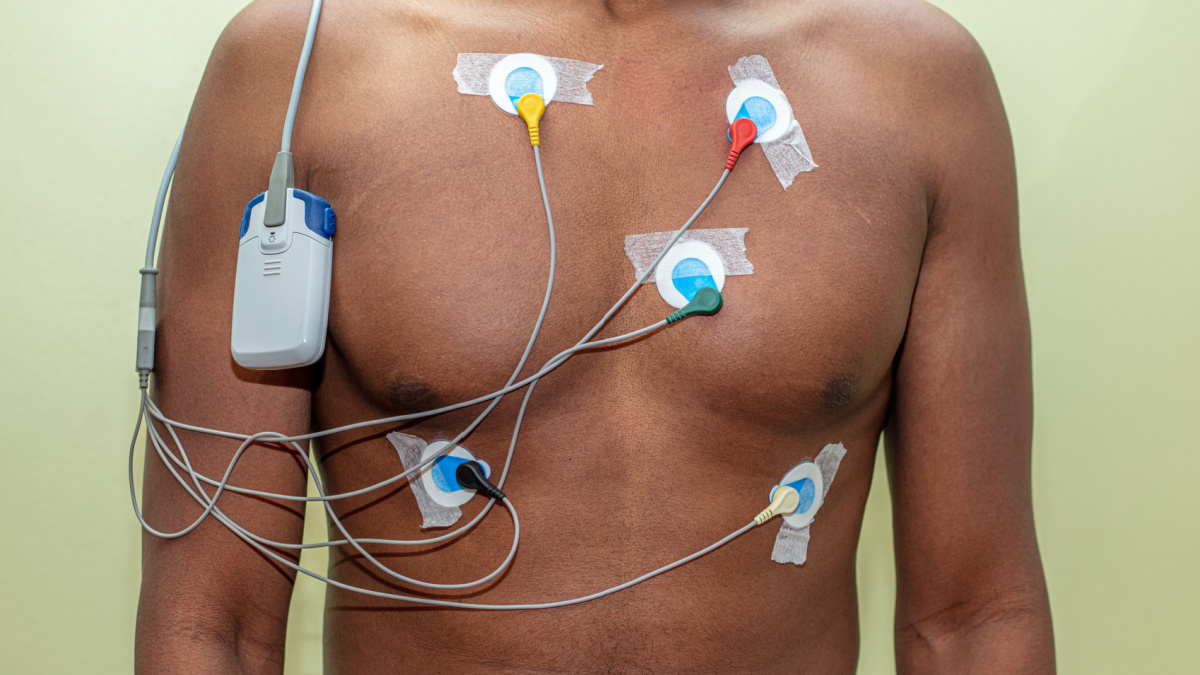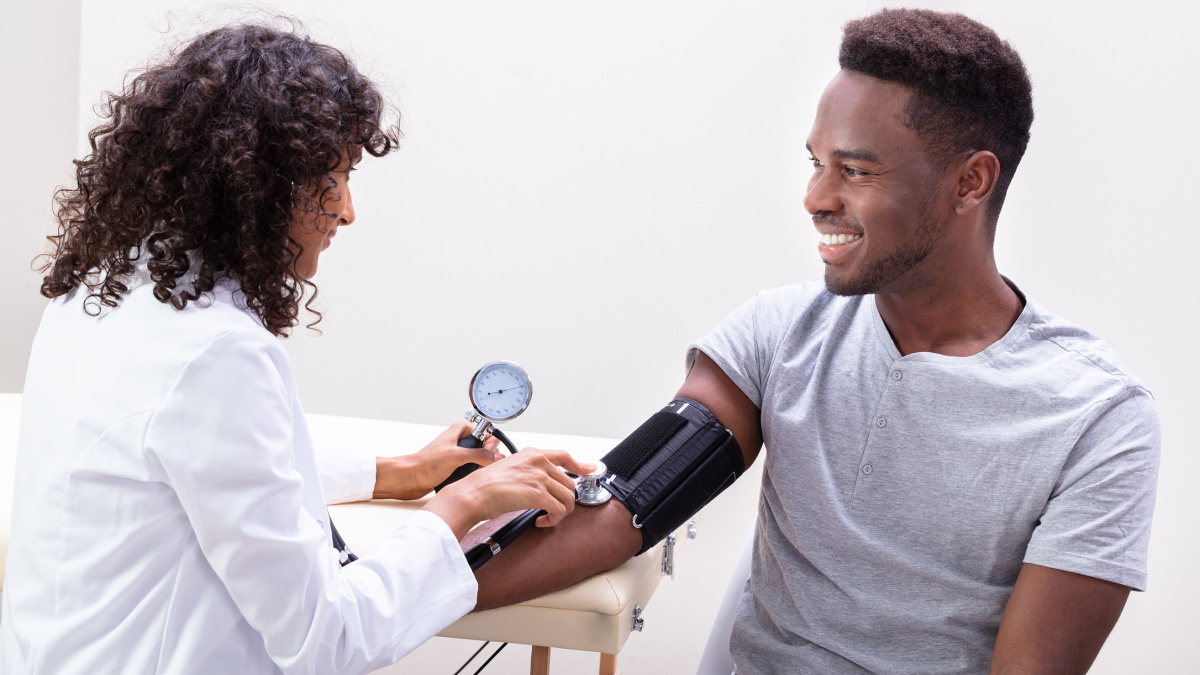24-hour Holter monitoring is a diagnostic test that tracks the electrical activity of the heart over a 24-hour period. The test is performed using a small, portable device called a Holter monitor, which is attached to the patient’s chest with electrodes. The monitor records every heartbeat during the 24-hour period, providing doctors with a detailed picture of the heart’s activity during normal daily activities, including exercise, sleep, and stress.
This type of monitoring is often used to diagnose heart rhythm disorders, such as arrhythmias, which may cause symptoms such as palpitations, dizziness, or fainting. It can also be used to monitor the effectiveness of medications or treatments for heart disease. The data collected during the 24-hour period is analyzed by a cardiologist, who can then provide a diagnosis and recommend appropriate treatment options. Overall, 24-hour Holter monitoring is a non-invasive and effective way to diagnose and manage heart conditions.
How Is 24-Hour Holter Monitoring Performed?
To perform the test, the electrodes are placed on the chest and connected to the Holter monitor. The device is then turned on and the patient is instructed to go about their normal daily activities. The patient is asked to keep a diary of any symptoms they experience during the test, such as chest pain or palpitations. After 24 hours, the device is removed and the data is downloaded for analysis by a healthcare professional. The results of the test can help diagnose heart rhythm problems, such as arrhythmias, and guide treatment decisions.
Why Is 24-Hour Holter Monitoring Necessary?
24-hour Holter monitoring is necessary because it allows doctors to get a more comprehensive view of the heart’s activity over an extended period. A standard electrocardiogram (ECG) only records the heart’s activity for a few minutes, which may not capture any abnormalities that occur intermittently. Holter monitoring, on the other hand, records the heart’s activity for 24 hours, allowing doctors to detect irregular heart rhythms or other cardiac abnormalities that may not be captured during a brief ECG.
Holter monitoring is particularly useful for patients who experience symptoms such as palpitations, dizziness, or fainting, which may be related to abnormal heart rhythms. By recording the heart’s activity over a 24-hour period, doctors can better understand the relationship between symptoms and heart activity, which can help guide treatment decisions. In summary, 24-hour Holter monitoring is a valuable diagnostic tool that allows doctors to obtain a more comprehensive view of a patient’s heart activity and can help guide treatment decisions for patients with cardiac abnormalities.
What Are The Benefits Of 24-Hour Holter Monitoring?
24-hour Holter monitoring is a non-invasive test that records the heart’s activity for an entire day. This test is used to detect any irregularities or abnormalities in the heart’s rhythm and can help diagnose conditions such as arrhythmia, atrial fibrillation, and other heart-related problems. The benefits of 24-hour Holter monitoring include the ability to detect irregular heart rhythms that may not be present during a regular office visit, the ability to monitor the effectiveness of medications or procedures, and the ability to provide a comprehensive picture of the heart’s activity over a 24-hour period. This test is safe, painless, and can provide valuable information for the diagnosis and treatment of heart-related conditions.
What are the Risks and Limitations of 24-Hour Holter Monitoring?
24-hour Holter monitoring is a diagnostic tool used to monitor heart activity over a 24-hour period. While it can provide valuable information about heart function, there are risks and limitations associated with this type of monitoring. One of the main risks is skin irritation or allergic reactions to the electrodes used to attach the monitor to the skin. Patients may also experience discomfort or inconvenience from wearing the monitor for an extended period of time. Additionally, Holter monitoring may not be suitable for patients with pacemakers or other implanted devices that can interfere with the accuracy of the monitoring results.
There are also limitations to the information that can be obtained from 24-hour Holter monitoring. The monitor only captures heart activity during the time it is worn, so it may not detect irregularities that occur at other times. Additionally, the monitor may not provide a complete picture of heart function, as it only records electrical activity and not other factors such as blood pressure or oxygen levels. Despite these limitations, 24-hour Holter monitoring remains a valuable tool in diagnosing and monitoring heart conditions.
How To Prepare For 24-Hour Holter Monitoring?
The first step in preparing for this test is to ensure that you have all the necessary information about the procedure, including what to expect during the monitoring period, how to properly attach the monitoring device, and how to keep track of symptoms during the test. It is also important to inform your doctor of any medications you are taking or any medical conditions you may have that could affect the results of the test.
In addition to these steps, it is also crucial to dress appropriately for the test, as tight or restrictive clothing can interfere with the monitoring device’s accuracy. It is recommended to wear comfortable, loose-fitting clothing and avoid wearing any jewelry or accessories that could interfere with the device. Finally, it is important to maintain your regular daily routine during the monitoring period, as any significant changes in activity level or diet could impact the test results. By following these preparation tips, you can ensure that your 24-hour Holter monitoring test is accurate and successful.
What To Expect During And After 24-Hour Holter Monitoring?
During the test, the patient will be wearing a small device called a Holter monitor, which is attached to the chest with electrodes. The device will record the heart’s activity, including any irregularities or abnormalities.
After the 24-hour period, the patient will return the Holter monitor to the doctor or technician, who will analyze the data and provide a report. The report will include information about the patient’s heart rate, rhythm, and any abnormalities that were detected. Depending on the results, the doctor may recommend further testing or treatment. Overall, 24-hour Holter monitoring is a valuable tool for diagnosing heart conditions and monitoring the effectiveness of treatment.
The Importance of 24-Hour Holter Monitoring in Cardiac Care
24-hour Holter monitoring is an essential tool in cardiac care. It provides a comprehensive and detailed analysis of a patient’s heart health by recording their heart’s activity over a 24-hour period. This monitoring method can detect abnormalities that may not be present during a standard ECG, allowing healthcare professionals to make an accurate diagnosis and recommend appropriate treatment.
Moreover, the importance of 24-hour Holter monitoring cannot be overstated in patients with suspected arrhythmias or those at risk of sudden cardiac arrest. It can help identify potentially life-threatening conditions and prevent serious complications. Therefore, it is crucial for healthcare providers to consider 24-hour Holter monitoring as a part of their cardiac care protocol to ensure the best possible outcomes for their patients.




